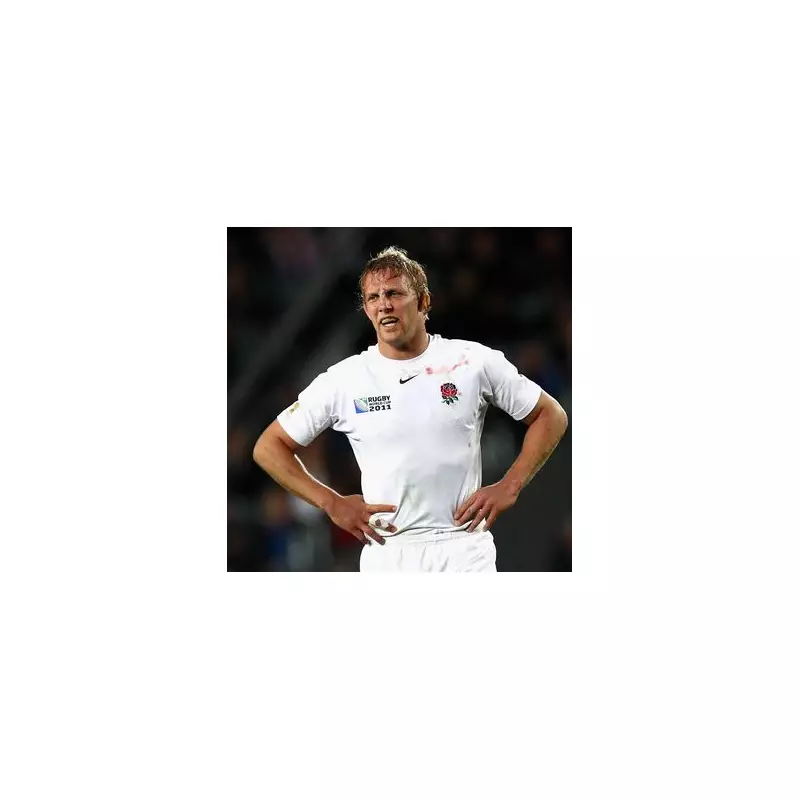
World Cup-winning England rugby hero Lewis Moody has issued an urgent health warning to fellow players after his own terrifying brush with a life-threatening condition that initially presented as a potential Motor Neurone Disease symptom.
The former Leicester Tigers and Bath flanker, affectionately known as 'Mad Dog' during his illustrious career, discovered a benign brain tumour after seeking medical attention for twitching in his arm - a classic early indicator of MND.
The Warning Sign That Saved His Life
"It started with a twitch in my left arm," Moody revealed in an exclusive interview. "Having seen friends and former teammates like Rob Burrow and Doddie Weir battle MND, that twitch immediately set off alarm bells."
Rather than ignoring the symptom, the 45-year-old acted immediately. "I went straight to my doctor because of what I knew about MND. That decision probably saved my life," he admitted.
From Rugby Glory to Health Battle
The rugby legend, who earned 71 caps for England and was part of the legendary 2003 World Cup-winning squad, underwent successful surgery to remove the tumour in 2023. While the growth was benign, the experience has left him determined to raise awareness about the importance of early detection.
"When you've played contact sport at the highest level for years, you develop a certain toughness, but this taught me that some things you can't just 'man through'," Moody explained.
A Message to the Rugby Community
Moody's message to current and former players is clear: "Don't ignore symptoms, don't be brave, don't think it will just go away. Get checked. That twitch could be nothing, or it could be something serious that needs immediate attention."
The former England captain is now working closely with MND charities and emphasises that while his story had a positive outcome, the connection between contact sports and neurological conditions requires serious attention and research funding.
His experience serves as a powerful reminder that even the toughest athletes must prioritise their health above all else.





